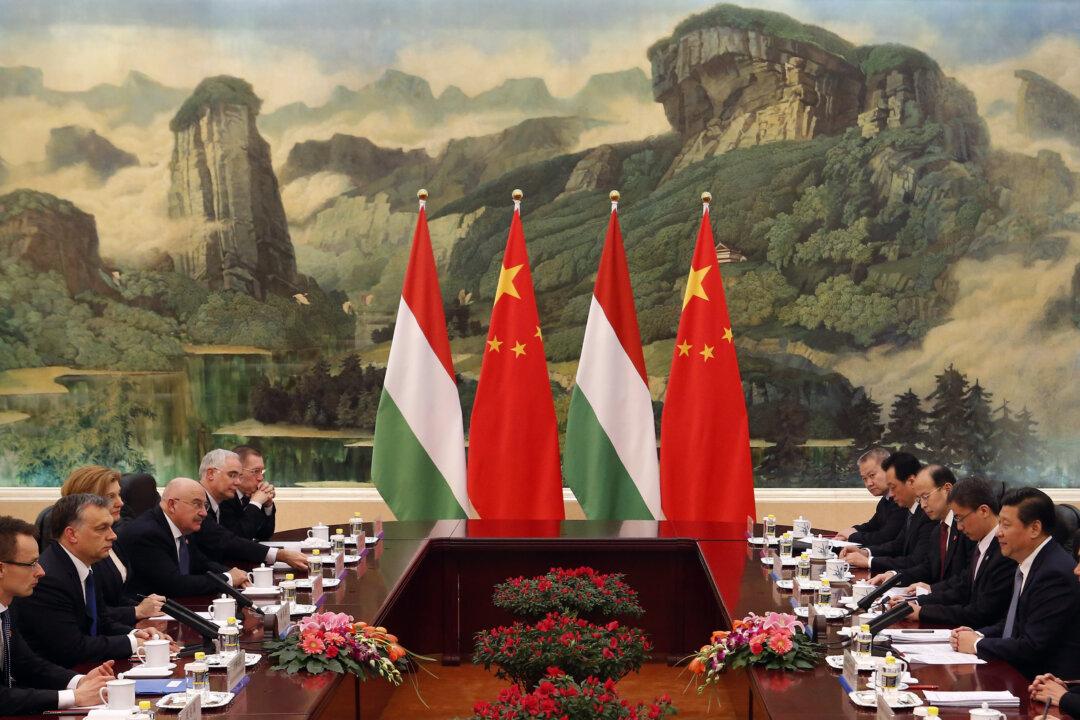New Analysis
A piece of breaking news appeared on various popular Chinese-language websites on June 7 claiming that the Italian Prime Minister Mario Draghi had admitted that the COVID-19 pandemic had originated in Italy in a virtual interview by Radiotelevisione Italiana (RAI). The Chinese reports claimed that Italy had mistaken COVID outbreaks in Milan, Genoa, and Venice in the summer of 2019 for influenza.





